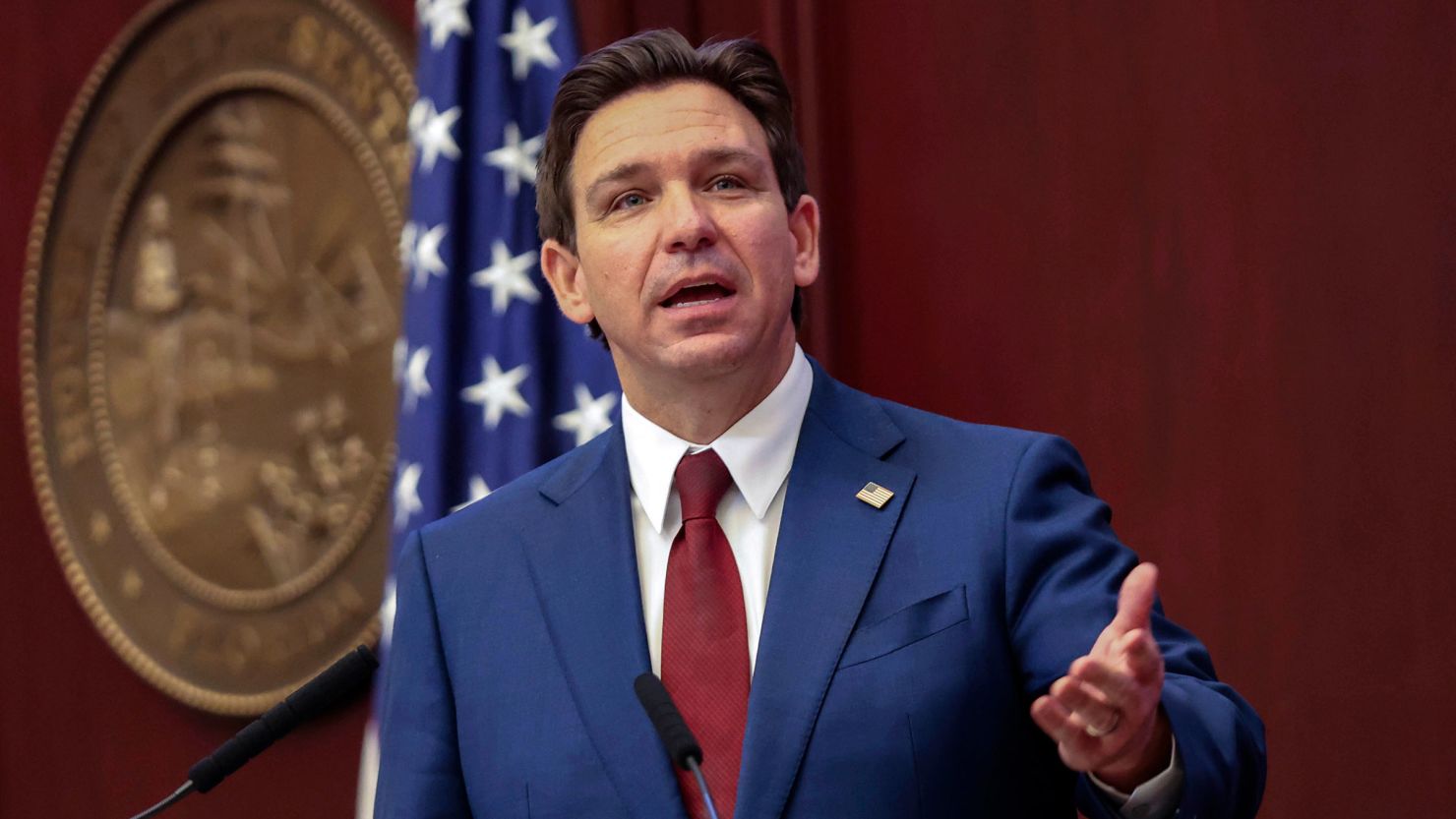Cybersecdn– Governor Ron DeSantis’s proposal to potentially send Haitian immigrants who arrive in Florida to Martha’s Vineyard, Massachusetts, amidst concerns about the influx of immigrants from Haiti, warrants further examination.
The suggestion comes in the wake of escalating tensions and instability in Haiti, where powerful gangs have gained control, leading to widespread violence and unrest. This situation has prompted fears of a significant increase in Haitian immigrants seeking refuge in neighboring countries, including the United States.
Governor DeSantis, acknowledging the challenges faced by Florida in dealing with maritime deportations, emphasized the need for proactive measures to intercept immigrants before they reach Florida shores. He cited logistical difficulties in arranging deportations to their countries of origin and suggested alternative destinations such as Martha’s Vineyard.

This proposal raises several questions and considerations regarding immigration policy, humanitarian concerns, and interstate relations. While some may view it as a pragmatic solution to alleviate pressure on Florida’s resources, others criticize it as an unjust and politically motivated approach that disregards the dignity and rights of immigrants.
The previous instance in September 2022, where Governor DeSantis sent two planes filled with immigrants to Martha’s Vineyard, drew mixed reactions. While it was praised by some as a decisive action to address immigration issues, it was condemned by others for its potential impact on immigrant communities and the broader implications for immigration policy.
Critics argue that using immigrants as political pawns undermines efforts to enact meaningful and comprehensive immigration reform. They advocate for approaches that prioritize humanitarian considerations, respect the rights of immigrants, and address the root causes of migration.
In light of the complex and evolving nature of immigration challenges, there is a growing recognition of the need for bipartisan cooperation and holistic policy solutions. This includes efforts to improve border security, provide pathways to legal status for undocumented immigrants, and address the underlying socio-economic factors driving migration.
Read More: Former Vice President Mike Pence Says He’s Not Supporting Trump Anymore!
Trump-Backed Candidate Says the Gay Hookup Profile Was an Ex-Intern’s “Prank.”
Trump’s Team Goes Back to Court to Try to Dismiss Case About Secret Documents!
Ultimately, any proposed measures concerning immigration policy should be guided by principles of compassion, fairness, and respect for human rights. Collaboration between federal, state, and local authorities, as well as engagement with affected communities, will be essential in crafting policies that uphold these values while effectively managing immigration flows.

